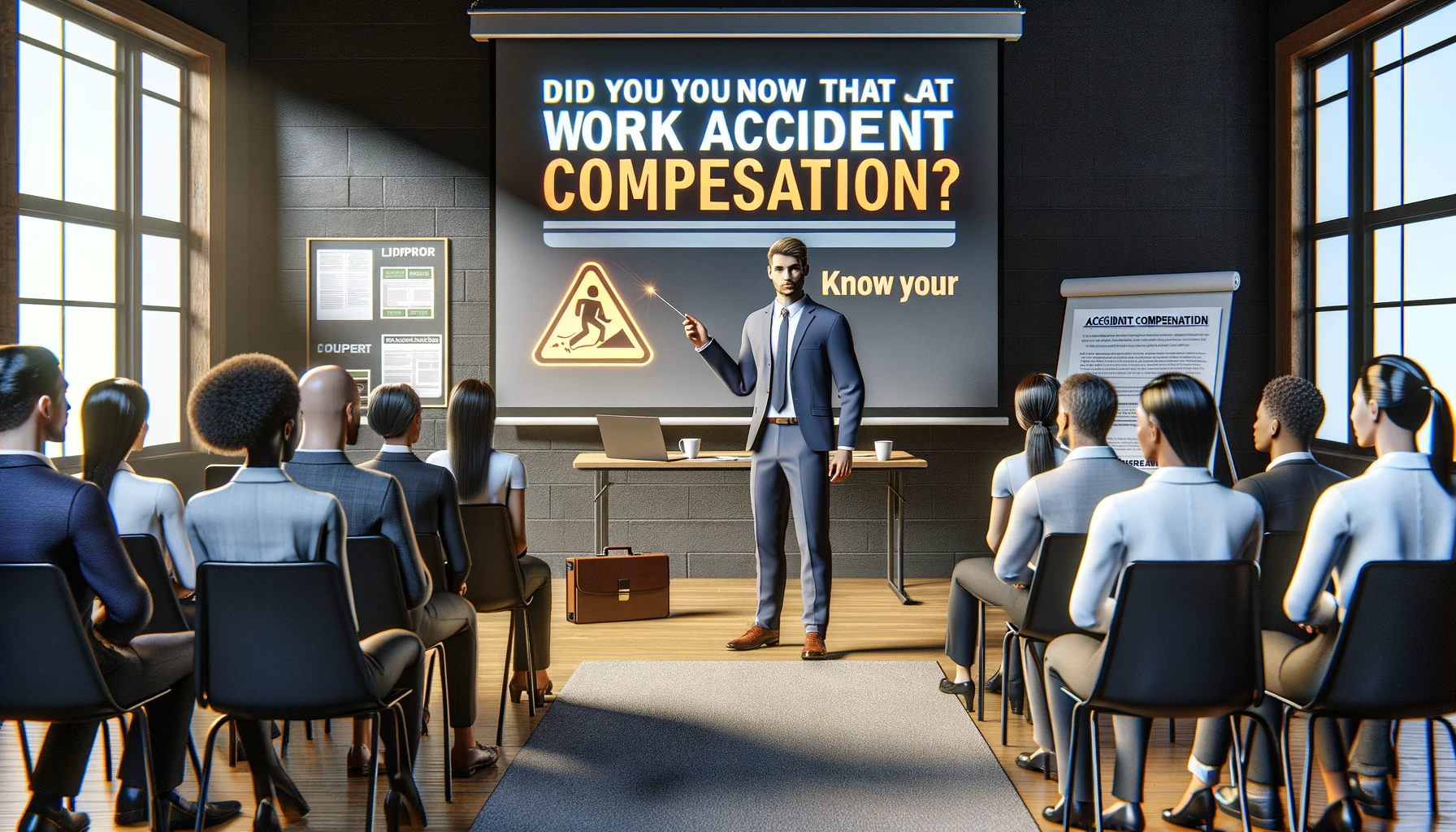Navigating the aftermath of a work-related accident can be stressful, to say the least. But knowing what documentation to gather can make the process of filing a claim much smoother. Whether you've suffered a minor injury or a more severe one, the right paperwork is crucial in getting the compensation you deserve. Let's dive into the nitty-gritty of the documentation you'll need for a successful work injury claim.


Essential Documentation for Filing a Claim
When it comes to work injury claims, the devil is in the details—or rather, the documents. Here's what you'll need:Employee Injury Report Form
This is the first step in the documentation process. It's a form you fill out to officially report your injury to your employer. Be thorough and precise when describing the incident and your injuries.Employer's Report of Injury
Once you've reported your injury, your employer should fill out their own report. This document is crucial as it's their official acknowledgment of the accident.
Medical Records for Work Accident Claims
Gather all medical records related to your injury, including doctor's notes, treatment plans, and bills. These documents are the backbone of your claim, proving the extent and costs of your injuries.Proof of On-the-Job Injury
To strengthen your case, you'll need evidence that your injury occurred while you were working. This could include witness statements, security camera footage, or a detailed description of the incident.The Workers' Comp Claim Process
Understanding the process can help you navigate it more effectively.Reporting Work-Related Injuries
Time is of the essence. Report your injury to your employer as soon as possible to avoid any delays in your claim.Required Forms for Workers' Compensation
Each state has its own forms and deadlines for workers' compensation claims. Make sure you obtain the correct forms and submit them within the required time frame.Evidence for a Successful Work Accident Claim
Solid evidence can make or break your claim.Occupational Accident Documentation
If there were hazardous conditions or equipment failures, document them. Photos, maintenance records, and safety reports can all serve as evidence.Supporting Documents for Injury at Work
Keep a detailed record of everything related to your injury: time off work, travel to medical appointments, and any other expenses incurred due to the injury.
How to File a Workers' Compensation Claim
Filing a claim can be daunting, but breaking it down into steps can help: 1. Report the injury to your employer. 2. Fill out the necessary paperwork. 3. Collect and organize your evidence and medical records. 4. Submit your claim before the deadline. 5. Follow up on your claim's status.Claim Submission for Work Injury
When submitting your claim, ensure all your documents are accurate and complete. Double-check everything before sending it off.The Work-Related Injury Claim Checklist
Stay organized with a checklist: - Injury report form - Employer's report - Medical records - Proof of injury - Witness statements - Safety reports - Expense recordsCommon Pitfalls in Documentation
Avoid these common mistakes: - Waiting too long to report the injury - Incomplete forms - Lack of evidence - Missing deadlinesConclusion
Gathering the right documentation for a work-related injury claim can be overwhelming, but it's essential for a successful outcome. By following the guidelines above and staying organized, you can navigate the process with confidence.Look for an attorney who has the right legal resources for your legal needs.
Contact us here on the Warmuth Law website or through our hotline 888-517-9888.











